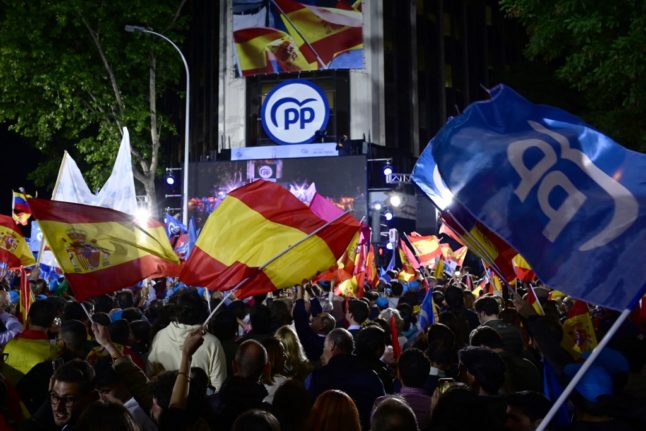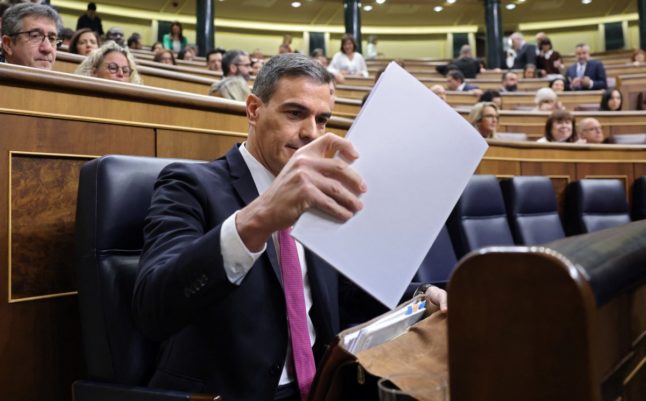With less than six weeks until the July 23rd snap election, the two parties reached “a government agreement in principle,” said Juan Francisco Pérez, a negotiator for the right-wing Popular Party (PP), which polls suggest is on track to win.
The parties “have agreed on a coalition government in the Valencia region,” Vox wrote on social media.
La Comunidad Valenciana tendrá un gobierno con VOX donde por fin se garantice que lo importante sea la prioridad:
✅ La libertad.
✅ El desarrollo económico.
✅ La sanidad y servicios públicos de calidad.
✅ Las señas de identidad.
✅ El apoyo a las familias.… pic.twitter.com/5mlnSGqVD3— VOX 🇪🇸 (@vox_es) June 13, 2023
Located on Spain’s eastern seaboard, Valencia has five million residents and is Spain’s fourth-largest region in terms of population.
The agreement means Valencia will become the second of Spain’s 17 regions to be jointly ruled by the PP and Vox, the first being Castilla y León.
The Valencia deal is the first big agreement between the two factions following their success in the May 28th local and regional elections, with the PP’s Carlos Mazón taking over as regional leader.
On that day, elections were held in 12 Spanish regions, with the PP seizing six of them from the ruling Socialist Party of Prime Minister Pedro Sánchez.
But the PP needs the support of Vox to govern in five of them: Aragón, the Balearics, Extremadura, Murcia and Valencia.
Socialists decry ‘shameful’ pact
Polls have long suggested that PP leader Alberto Núñez Feijoo’s chances of replacing Sánchez hinge on his party inking a pact with Vox – which could harm his image as a moderate.
During negotiations over Valencia, the PP managed to ensure that Vox’s regional candidate Carlos Flores — who was convicted in 2002 of psychologically abusing his ex-wife – would not be given any role in
government.
“I’m not stepping aside, I’m moving forward,” said Flores who has now left regional politics to run as a Vox candidate in the general elections.
The PP-Vox deal was dismissed as “embarrassing and shameful” by Socialist spokeswoman and Education Minister Pilar Alegría, who denounced Vox for fielding a candidate like Flores.
The PP has “reached a deal with a party which rejects the idea of gender violence out of hand, which says it doesn’t even exist,” she said.
“And even worse, this man (Flores) has been convicted of domestic violence.”
The two parties also signed a pact to jointly govern Elche, a town of 230,000 residents in the Valencia region in what was their first such deal at a municipal level.



 Please whitelist us to continue reading.
Please whitelist us to continue reading.
Member comments